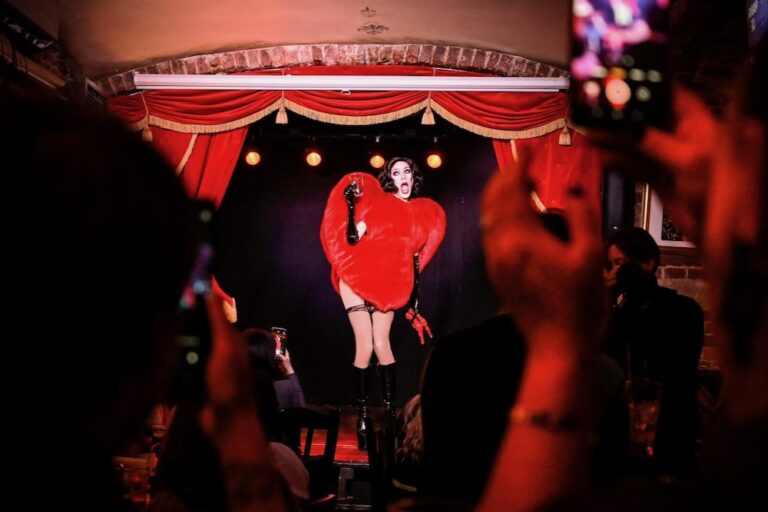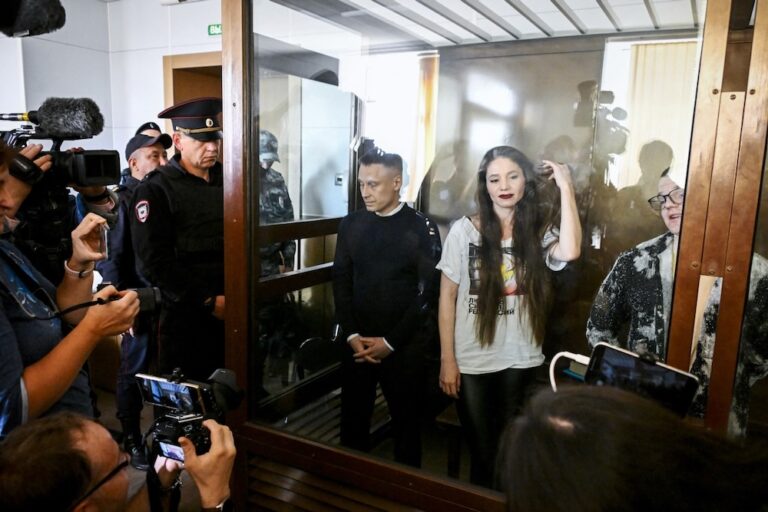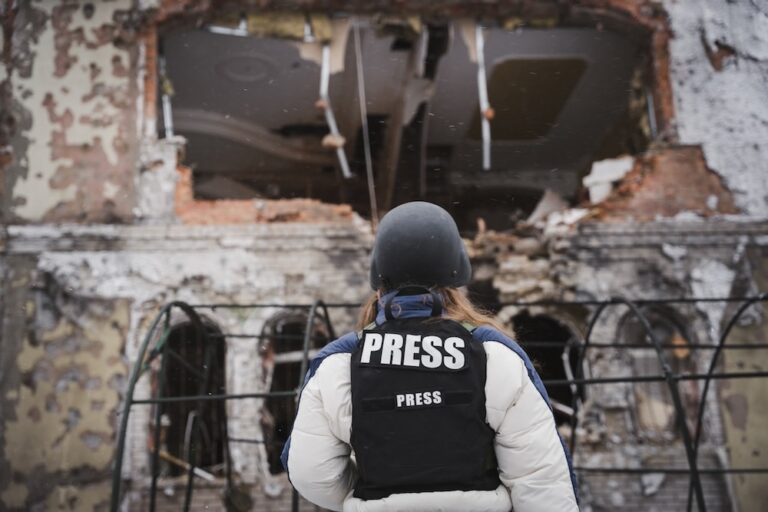(HRW/IFEX) – The following is a 4 February 2000 Human Rights Watch press release: RUSSIAN JOURNALIST’S FATE UNKNOWN Rights Group Calls on Russia to Account for Whereabouts (Moscow, February 4, 2000) – In a letter to Acting President Vladimir Putin, Human Rights Watch today condemned the Russian government for exchanging journalist Andrei Babitsky for Russian […]
(HRW/IFEX) – The following is a 4 February 2000 Human Rights Watch press release:
RUSSIAN JOURNALIST’S FATE UNKNOWN
Rights Group Calls on Russia to Account for Whereabouts
(Moscow, February 4, 2000) – In a letter to Acting President Vladimir Putin, Human Rights Watch today condemned the Russian government for exchanging journalist Andrei Babitsky for Russian soldiers held by Chechen rebels, which, according to a Russian government spokesperson, took place on February 3, 2000. Human Rights Watch expressed grave concern for Mr. Babitsky’s well-being, as the journalist has not been seen or heard from since the exchange was said to have taken place.
Mr. Babitsky, a correspondent for Radio Liberty, had been reporting from the besieged capital of Grozny when Russian forces detained him on January 15. He was held in incommunicado detention in Chechnya for over two weeks. On February 3, a Russian government spokesman claimed that Mr. Babitsky had been handed over to a Chechen military unit in exchange for two Russian prisoners of war. The spokesman said Mr. Babitsky signed a statement agreeing to this exchange.
“Not only are we concerned about Mr. Babitsky’s treatment during his detention, we are especially troubled that no one has heard from him since the reported exchange,” said Holly Cartner, director of Human Rights Watch’s Europe and Central Asia divsion. “The Russian government had an obligation to insure his safety and must now provide information about his release and whereabouts.” Human Rights Watch also urged the Russian government to provide credible evidence that Mr. Babitsky was in good health at the time the exchange was said to have taken place.
Human Rights Watch charges that if Mr. Babitsky was indeed exchanged for Russian prisoners of war, Russia had essentially treated him — a noncombatant and a Russian journalist — as if he were a hostage who was captured from enemy territory and then traded to the enemy for gain. The practice of taking noncombatants hostage is explicitly prohibited by common article 3 of the 1949 Geneva Conventions and article 4 of Protocol II. Russia’s treatment of Mr. Babitsky thus runs counter to the spirit of common article 3 of the 1949 Geneva Conventions and Protocol II.
Human Rights Watch also questioned the voluntary nature of the agreement to be exchanged for Russian prisoners of war which Mr. Babitsky apparently signed, as Mr. Babitsky had no access to a lawyer during his incommunicado detention.
Human Rights Watch stated that video footage of the exchange, shown on Russian television on February 4, did little to alleviate these concerns. “The footage simply shows Babitsky being handed over to two unidentifiable men in masks, and it is unclear when or where the footage was shot.”
Human Rights Watch emphasized that the Russian government is responsible both for Andrei Babitsky’s treatment in Russian detention, and his fate after the alleged handover to Chechen rebels. It urged the Russian government to:
A copy of the letter can be found at www.hrw.org.


